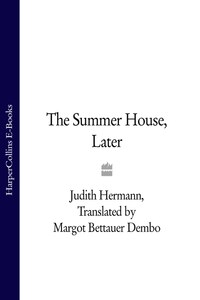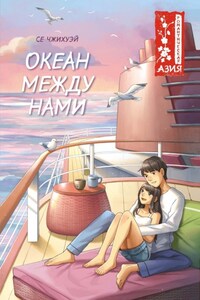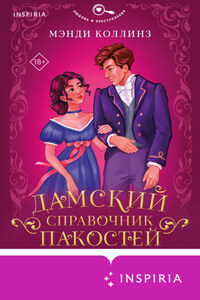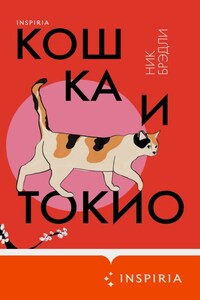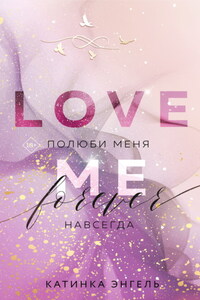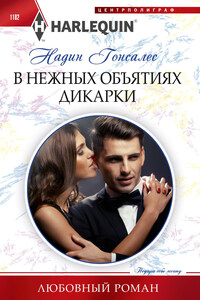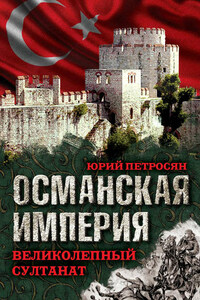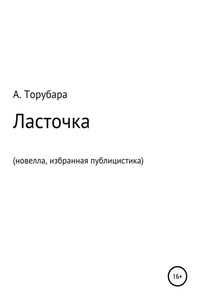These stories are works of fiction. The names, characters and incidents portrayed in them are the work of the author’s imagination. Any resemblance to actual persons, living or dead, events or localities is entirely coincidental.
Fourth Estate
An imprint of HarperCollinsPublishers 1 London Bridge Street London SE1 9GF
www.harpercollins.co.uk
First published in Great Britain by Flamingo 2001
First published in German by S. Fischer Verlag as Sommerhaus, Später 1998
Copyright © S. Fischer Verlag GmbH, Frankfurt-am-Main 1998
Copyright in English translation © Margot Bettauer Dembo 2001
Judith Hermann asserts the moral right to be identified as the author of this work
Margot Bettauer Dembo asserts the moral right to be identified as the translator of this work
All rights reserved under International and Pan-American Copyright Conventions. By payment of the required fees, you have been granted the nonexclusive, nontransferable right to access and read the text of this e-book on-screen. No part of this text may be reproduced, transmitted, downloaded, decompiled, reverse engineered, or stored in or introduced into any information storage and retrieval system, in any form or by any means, whether electronic or mechanical, now known or hereinafter invented, without the express written permission of HarperCollins e-books.
HarperCollinsPublishers has made every reasonable effort to ensure that any picture content and written content in this ebook has been included or removed in accordance with the contractual and technological constraints in operation at the time of publication.
Source ISBN: 9780007115754
Ebook Edition © NOVEMBER 2012 ISBN: 9780007396962
Version: 2016-08-10
My first and only visit to a therapist cost me my red coral bracelet and my lover.
The red coral bracelet came from Russia. To be more precise, it came from St Petersburg and was more than a hundred years old. My great-grandmother had worn it on her left wrist; it cost my great-grandfather his life. Is that the story I want to tell? I’m not sure. Not really sure—
My great-grandmother was beautiful. She went to Russia with my great-grandfather because my great-grandfather was building furnaces there for the Russian people. My great-grandfather rented a large apartment for my great-grandmother on Vasilevsky Ostrov, one of the islands of St Petersburg. The Greater and the Lesser Neva lapped at the shores of Vasilevsky Ostrov, and if my great-grandmother had stood on tiptoe to look out of the window in her apartment on Maly Prospekt she would have seen the river and the great Kronstadt Bay. But my great-grandmother did not want to see the river or Kronstadt Bay or the beautiful tall houses on Maly Prospekt. She did not want to look out of the window at a foreign land. She drew the heavy red velvet drapes and shut the doors – the carpets swallowed all sound, and my great-grandmother sat on the sofas, the chairs, or the four-poster beds, rocking back and forth and feeling homesick for Germany. The light in the large apartment on Maly Prospekt was dim, like the light at the bottom of the sea, and my great-grandmother may have thought that this foreign place, that St Petersburg, that all of Russia was nothing but a deep, twilight dream from which she would soon awaken.
My great-grandfather, though, was travelling all over the country building furnaces for the Russian people. He built shaft furnaces and roasting kilns and self-dumping reverberatory furnaces and Livermore furnaces. He stayed away for a long time. He wrote letters to my great-grandmother, and whenever one of these letters arrived my great-grandmother would open the heavy red drapes a little and read by the narrow chink of daylight:
I would like to explain to you that the Hasenclever furnace we are building here consists of muffles that are connected to each other by vertical channels and are heated by the flames of a grate-firing furnace – you remember, don’t you, the retort furnace I built in the Blome Wildnis in Holstein, which you liked so much at the time? Well, in the Hasenclever furnace the ore is also loaded through an opening in the top muffle and …
Reading these letters made my great-grandmother very weary. She could no longer remember the retort furnace in the Blome Wildnis but she could remember the Blome Wildnis, the pastures and the flat countryside, the hay bales in the fields and the taste of cold, sweet apple cider in the summer. She let the room subside once more into its twilight and lay down wearily on one of the sofas, repeating, ‘Blome Wildnis, Blome Wildnis.’ It sounded like a children’s song, like a lullaby, it sounded nice.
